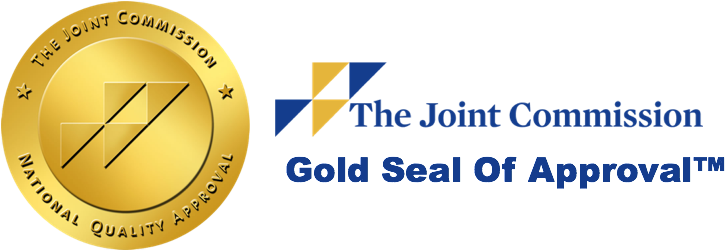When a person is said to have a dual diagnosis, this means that they have co-occurring conditions. The ultimate result of a dual diagnosis is that people are shown to have both a mental health disorder and a substance use disorder (SUD).
While many reasons exist for this particular set of diagnoses, the one thing that sets them apart is how they feed off one another. When someone has a dual diagnosis, they cannot be treated for just one-half of the problem. In fact, without proper treatment, they will find that their likelihood of relapse is higher than before.
Dual diagnosis must be understood by the individual and medical professionals guiding them through treatment. The main thing to remember is that mental health plays a larger role in substance abuse than people may think. Once this has been established, the treatment process can truly begin.
Substance Abuse
When someone is said to have SUD, it can mean a number of things. Depending on the type of substance and level of severity, it will need to be treated differently. Some of the most prevalent substances include:
- Alcohol
- Cocaine
- Heroin
- Methamphetamines
- Hallucinogens
Each of these has its own way of being treated. In fact, some may require a variety of different treatment methods.
One thing that each of these different types of substance use disorderthem has is an origin. These origins do not often start with the want for casual use. In many cases, most people begin using it in an effort to dull mental and emotional trauma.
Mental Health as a Part of Dual Diagnosis
For many people, mental health issues stem from ignoring or internalizing pain from a traumatic experience. This bottling effect can have disastrous implications for the day-to-day actions of individuals.
Beyond trauma, mental health is often connected with brain chemical and synapse response issues. This means that even for people who have not experienced trauma, there could be underlying problems that they are unaware of. Individuals in this position often feel they are broken and cannot be fixed, a lie that may have been self-perpetuated or may have come from others.
Those unable to reconcile their problems will often commit to avoiding any kind of therapy due to a fear of admitting there is a problem, which often creates more pain. Due to this misconception, they find ways to get out of their own heads.
The Dual Diagnosis Connection
A common thread in SUD cases is unaddressed mental health issues. When a person enters a treatment program such as The Phoenix, the first thing that will happen is a full assessment. This assessment will often lay bare the issues that the individual has been hiding from themselves and the people around them.
When the recovery program realizes that a dual diagnosis is the main issue, it will begin to address it immediately. One of the first things that may happen is the administration of medication-assisted treatment (MAT). This is when a diagnosed individual is given medication to deal with mental side effects. Often, this will clear away certain aspects of anxiety and depression. Once these clouds have been cleared, it will be easier to take a good look at the underlying causes of the individual’s mental health disorder.
The recovery process is often broken into two parts:
#1 Group Therapy
In group therapy, people can sit with others going through the same substance abuse issues. This will allow them to learn that they are not alone in their addictions. It will also prove that they are capable of healing just like the others around them.
There is research that shows the small group setting is ideal for people working through SUD. For those who have not had the benefit of a strong support network, this can be the first real step toward acceptance and trust.
#2 Individual Therapy
When a person enters individual therapy, they will begin to discuss their mental health issues. It may even be the first time they have allowed anyone to help them explore these subjects.
One reason this process starts in individual therapy is that each person has their own story, reasons, and trauma. A medical professional will help them develop a plan of action for their time in treatment and post-treatment recovery.
The Phoenix Recovery Center
At The Phoenix Recovery Center, a dual diagnosis treatment center in Utah, we are well-versed in diagnosing and treating.
With our state-of-the-art facility and knowledgeable medical staff, our clients will see an immediate difference.
Whether you are with us in an inpatient or outpatient capacity, you will find that you are being taken care of thoroughly by caring staff who have your best interests and individual needs in mind. To understand how to get started with the Phoenix, call us today at (801) 438-3185.







